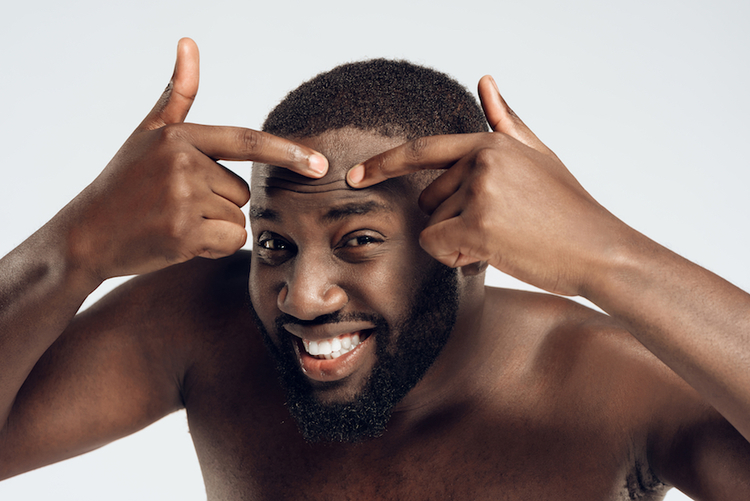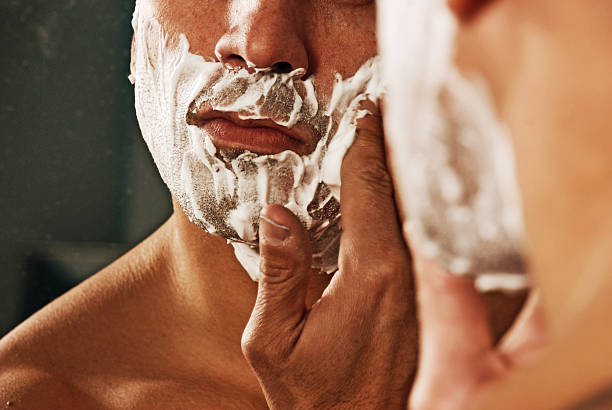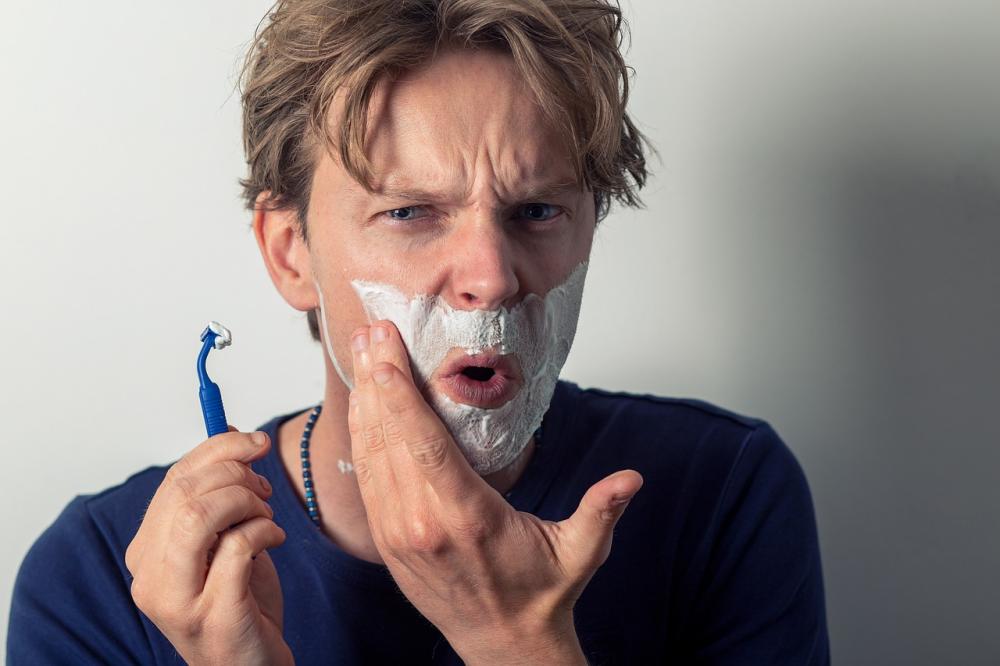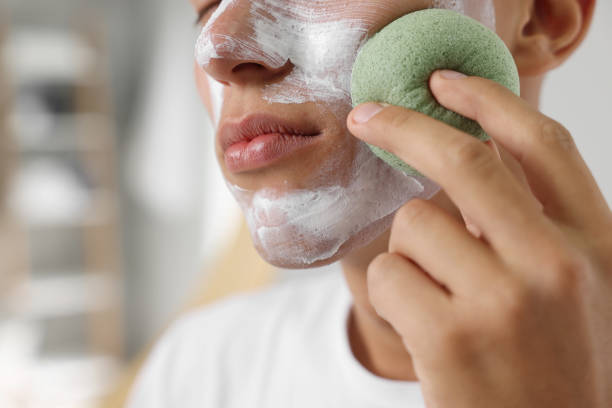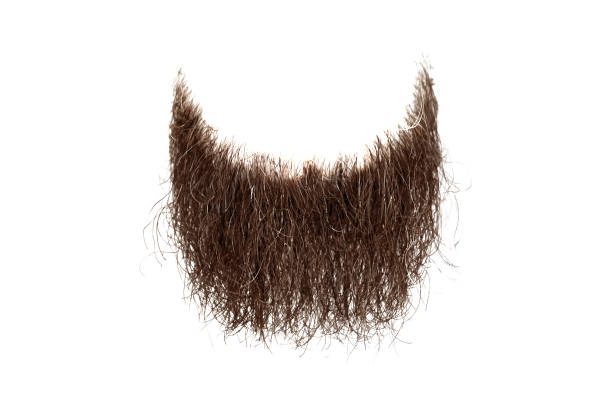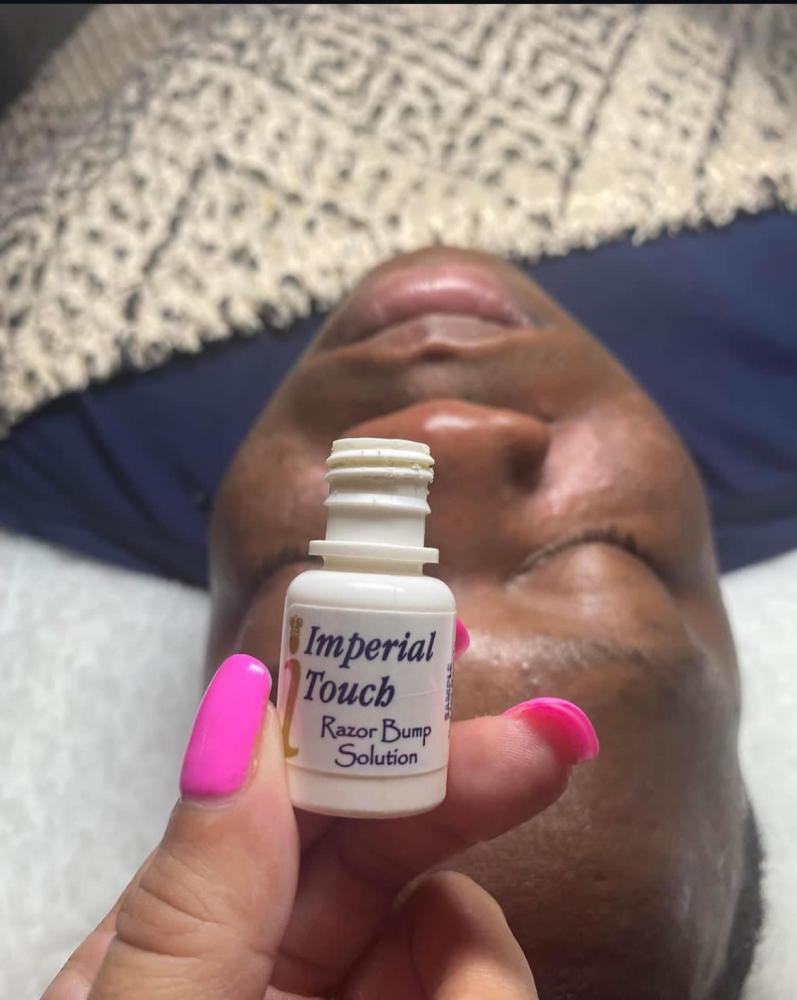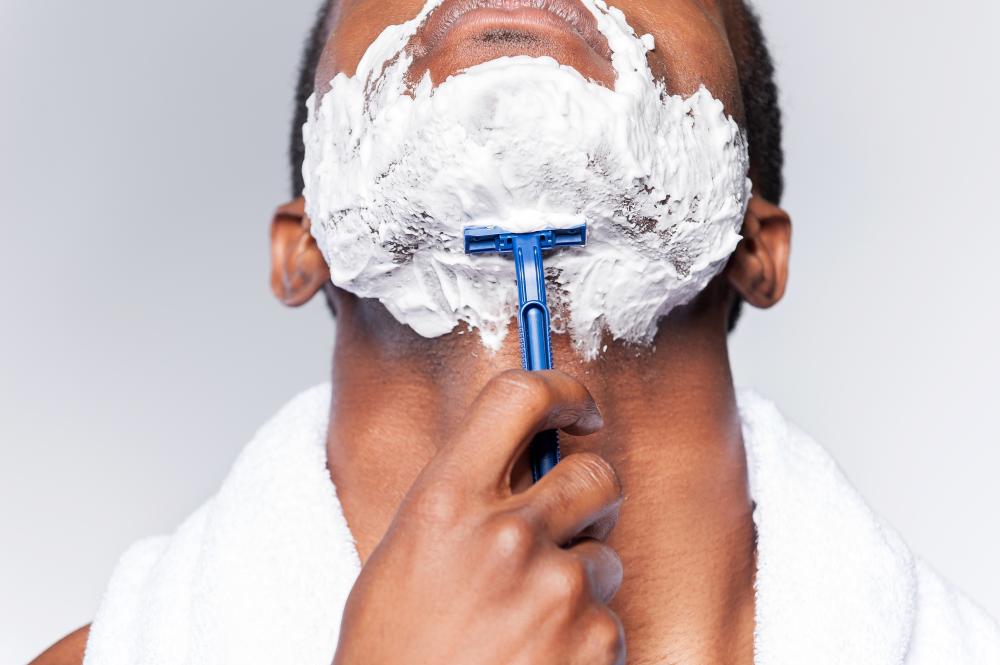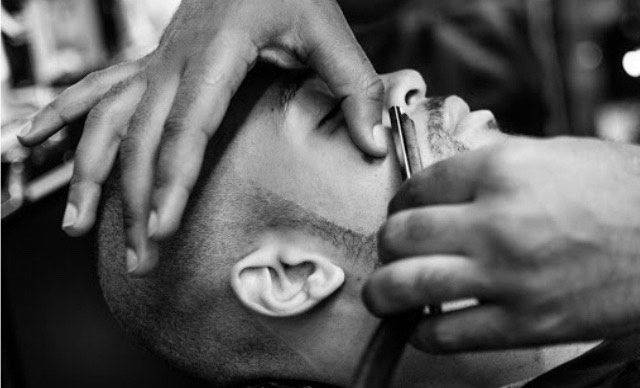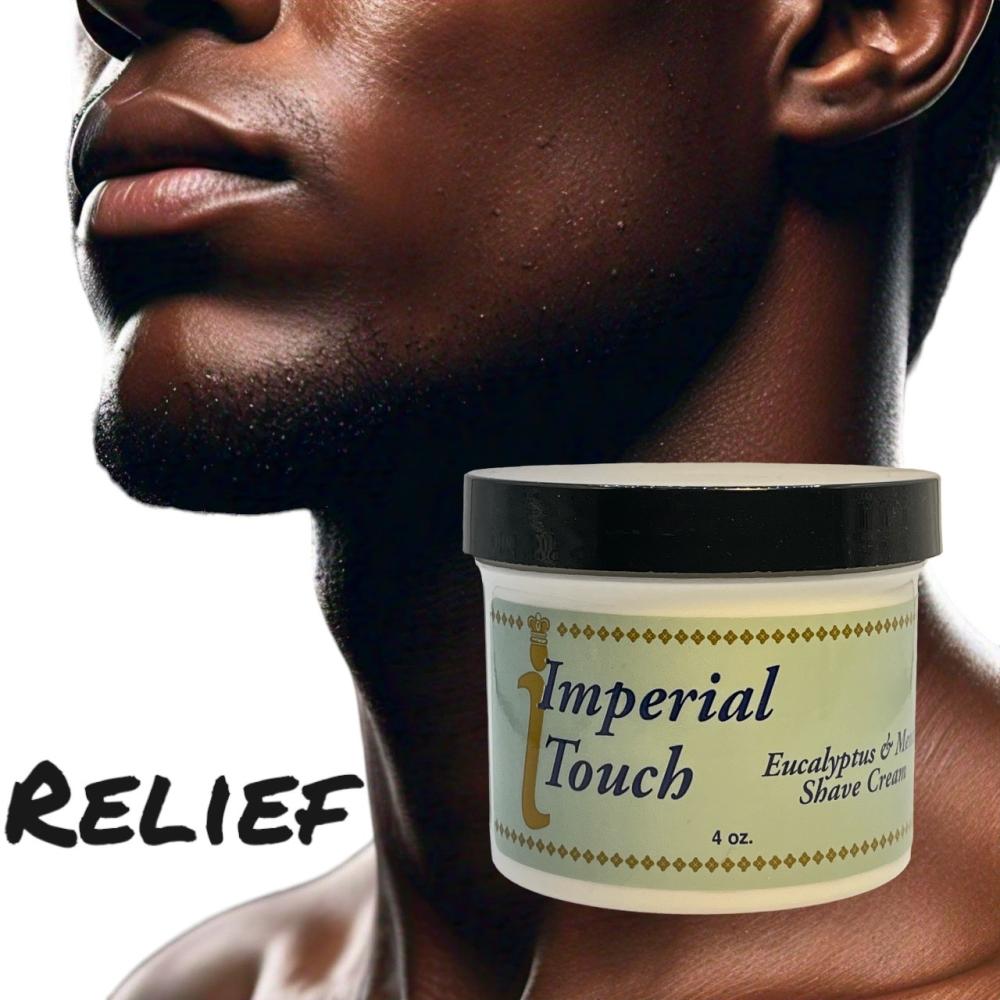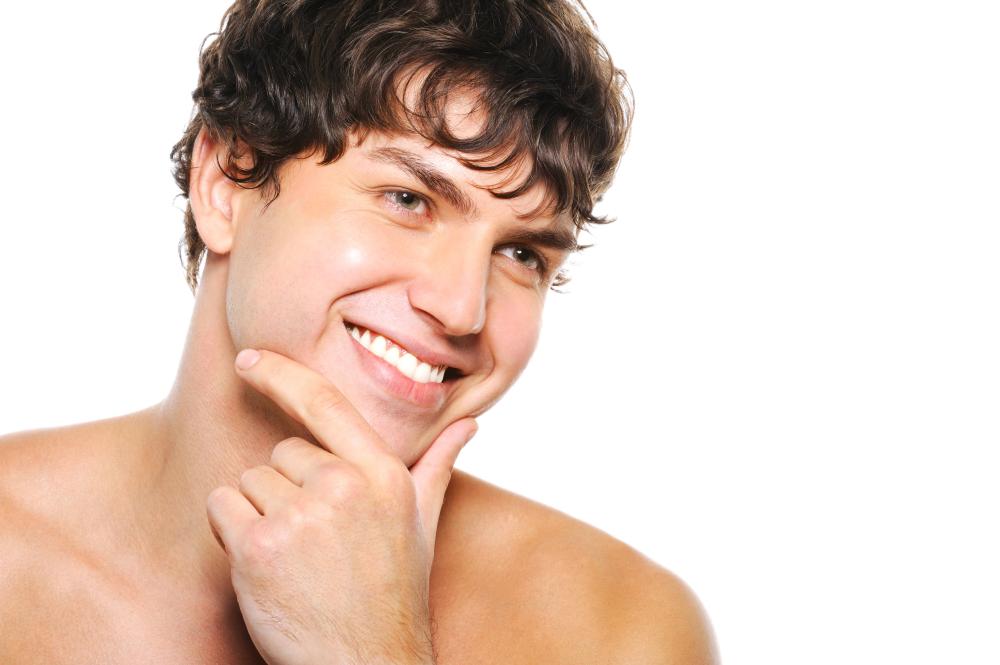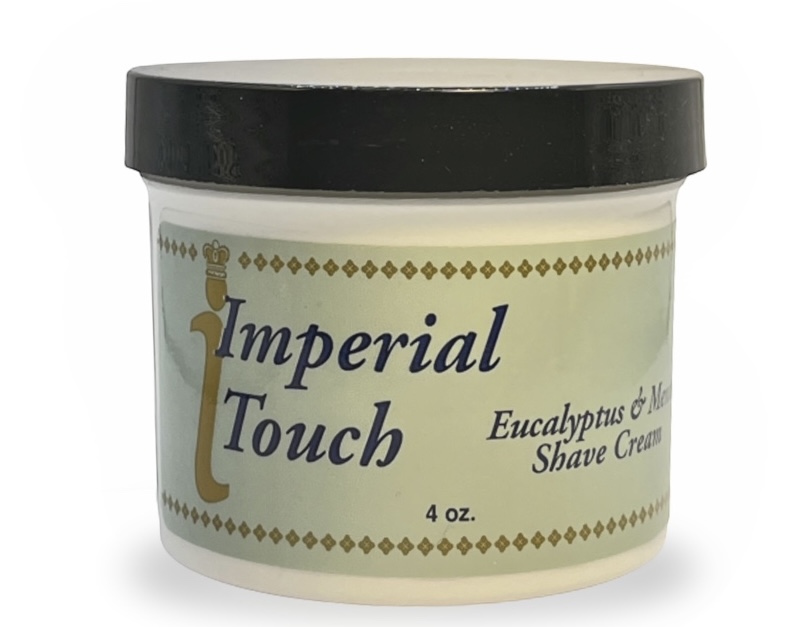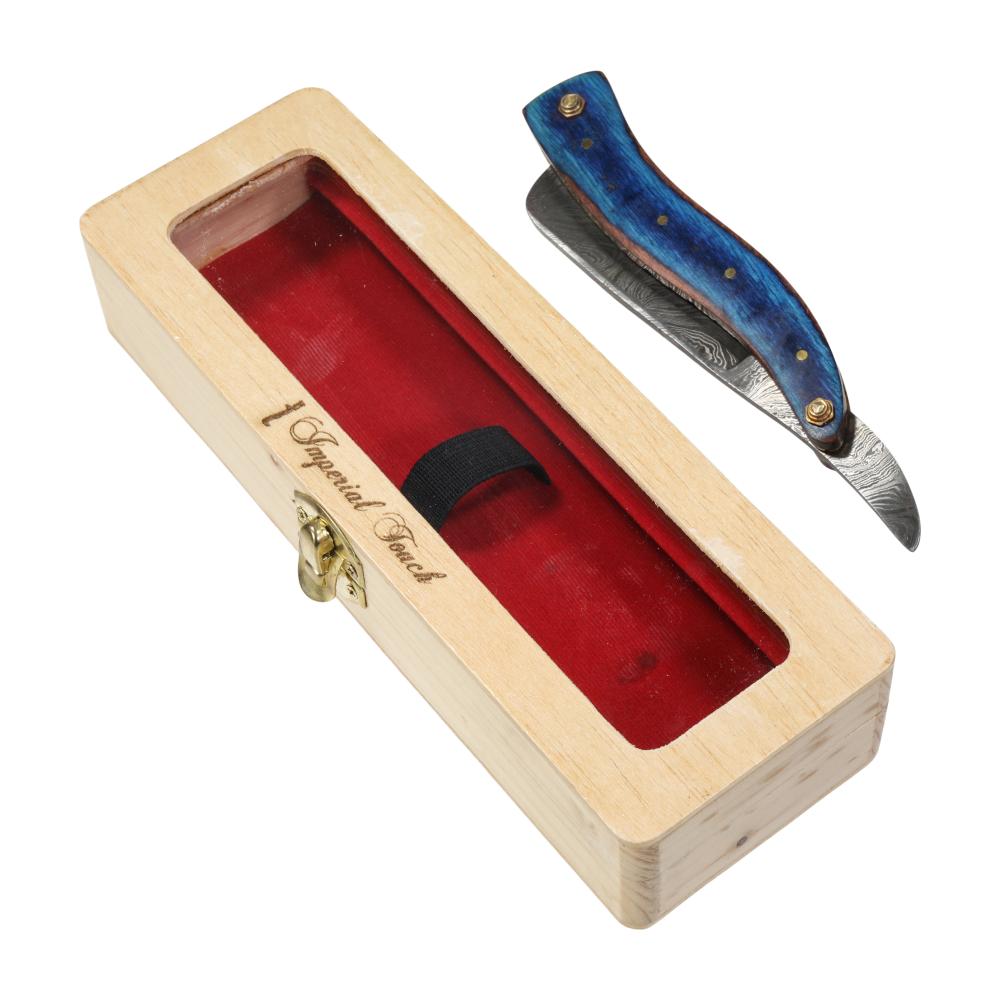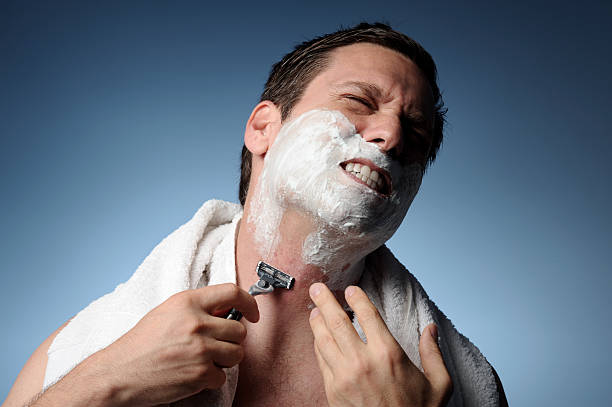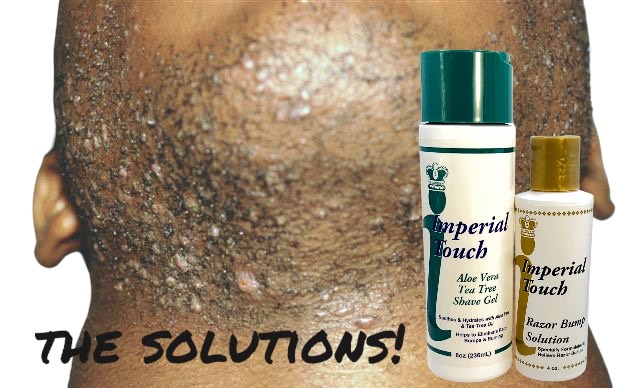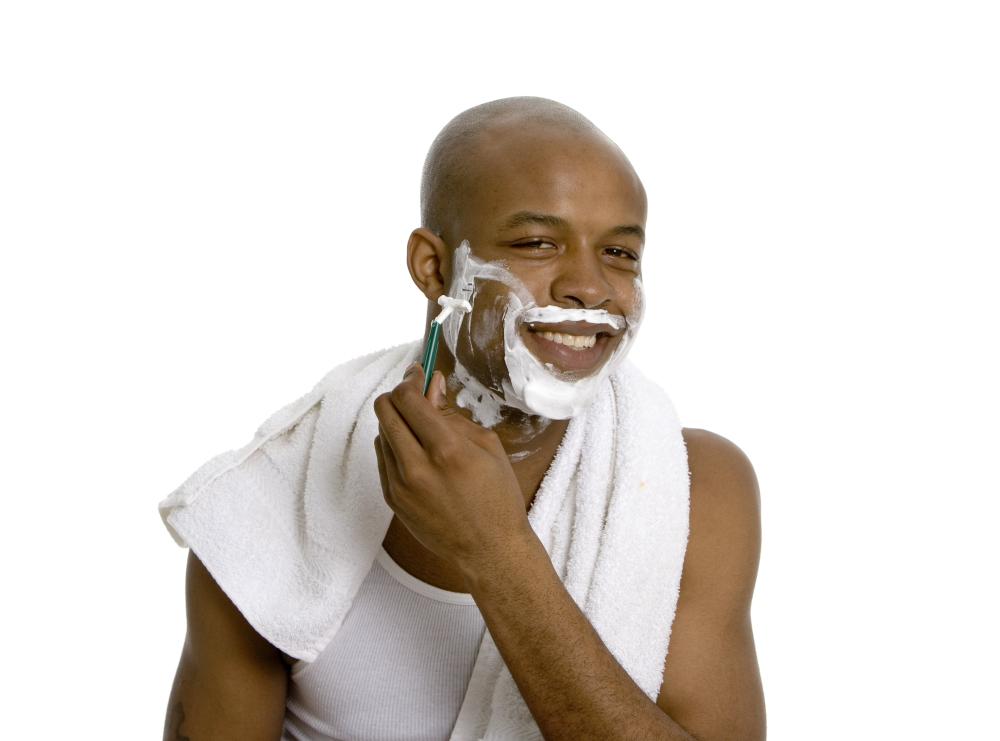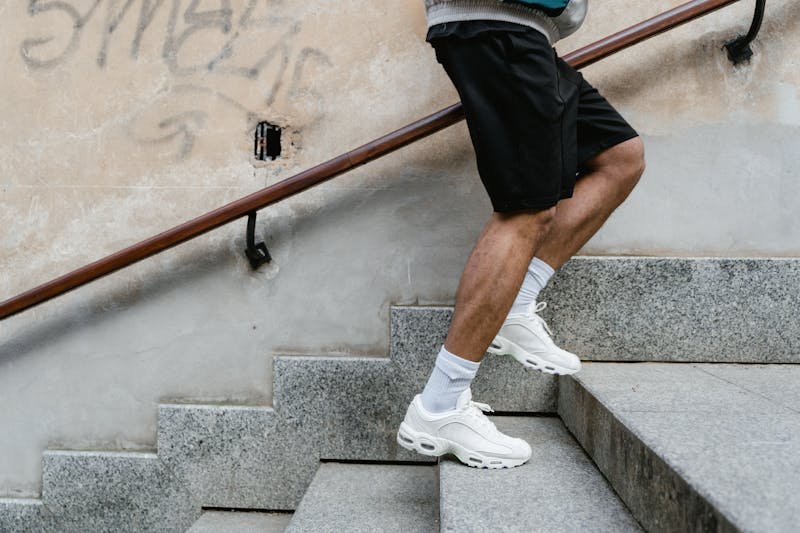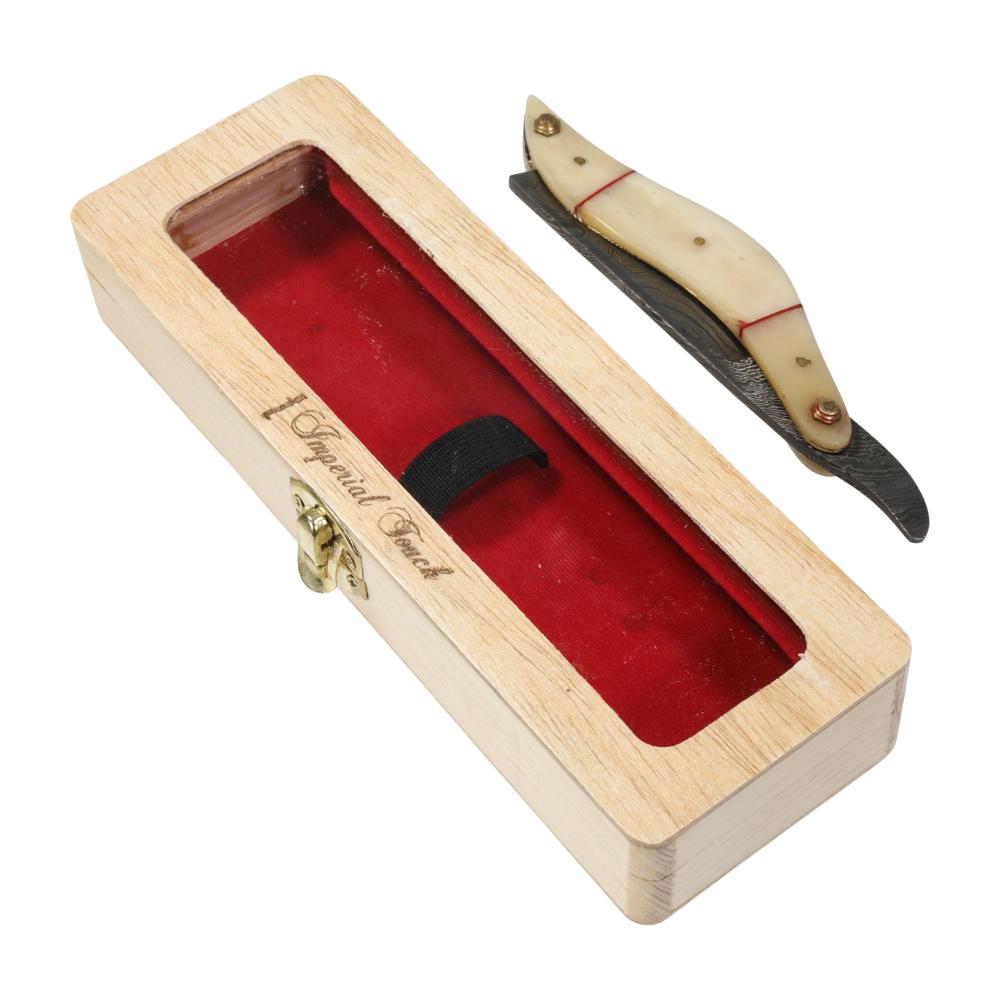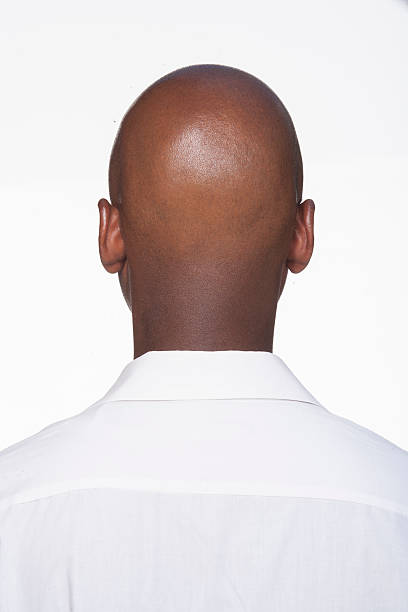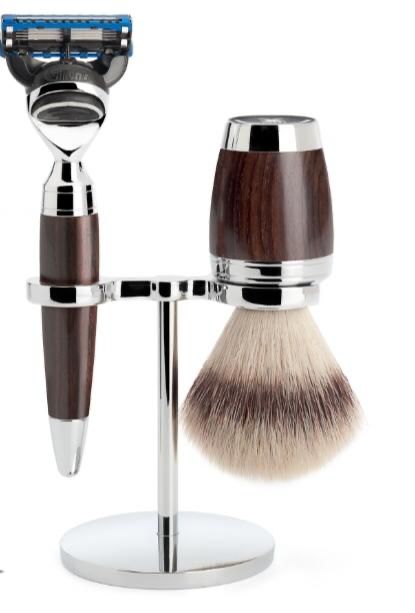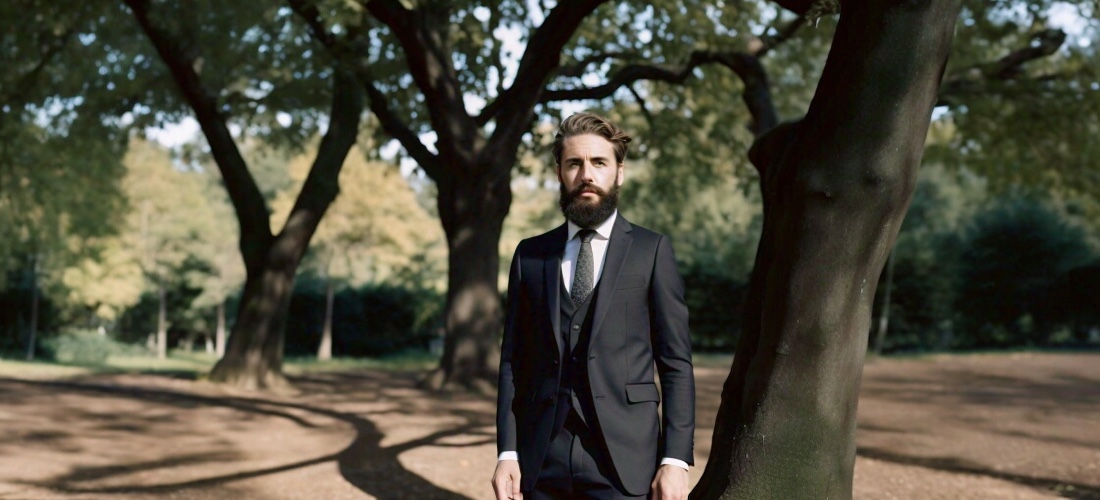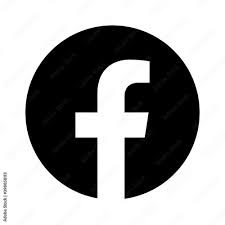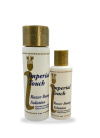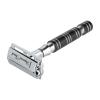The notion that men's beards are dirtier than toilets has been making headlines, but is this claim backed by scientific evidence? A closer examination reveals that the research behind this assertion was not a peer-reviewed study in a scientific or medical journal, but rather a TV news crew's swabbing of a handful of beards in Albuquerque, NM. The samples were then tested by a microbiologist, who found that some beards contained a significant amount of bacteria, comparable to toilets.
However, experts have pointed out that this study had several limitations. For instance, it did not include a control group of clean-shaven men, which would have provided a useful comparison. Additionally, the study's methodology has been criticized for being unscientific.
In contrast, a 2014 study published in the Journal of Hospital Infection found that growing a beard is not a health hazard. Researchers compared bacterial colonization on the faces of 408 male healthcare workers with and without facial hair and found little difference between the two groups.
The debate over beard hygiene has been ongoing, with some arguing that beards are inherently dirty. However, historical research suggests that this notion is not new. In the 17th century, the English churchman and historian Thomas Fuller referred to the beard as "that ornamental excrement under the chin."
Academic historian Alun Withey has been studying the health and hygiene history of facial hair between 1700 and 1918 and notes that beards have fallen in and out of fashion over the centuries. He believes that the current arguments over hygiene reflect the popularity of beards, particularly among hipsters.
In conclusion, while there is some evidence that beards can harbor bacteria, the claim that they are dirtier than toilets is not supported by scientific evidence. Beards have been a part of human culture for centuries, and their popularity continues to ebb and flow. Rather than perpetuating unfounded claims, we should focus on promoting good hygiene practices for all individuals, regardless of their facial hair choices.
Learn More:
Bilal Jean-Paul
#bilaljeanpaul

